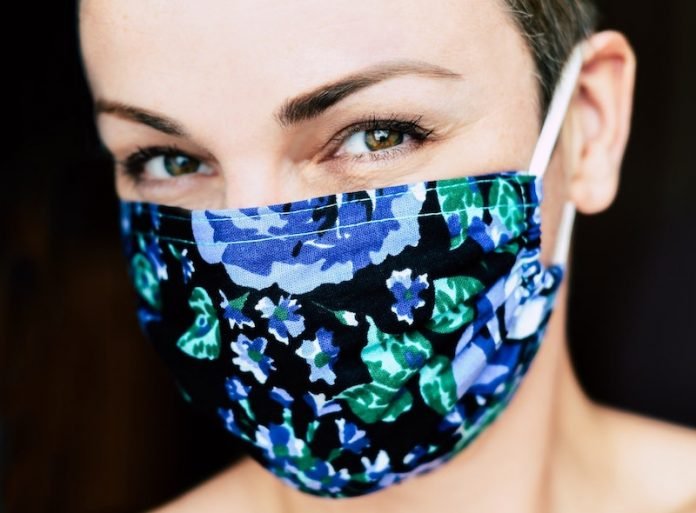
Currently, scientists around the world are working to develop safe and effective COVID-19 vaccines.
In a new study, researchers suggest that billions of people may already be using a crude vaccine of sorts: face masks.
Their theory is that by filtering out airborne coronavirus droplets and thereby lowering the dose of SARS-CoV-2 a person inhales, infections have much less chance of producing symptoms.
Much in the way vaccination works, an immune response would be triggered in the mask-wearer upon contact with a small amount of virus, but at a level that’s not likely to cause serious illness.
The researchers suggest that population-wide masking, with any type of mask that increases acceptability and adherence, might contribute to increasing the proportion of SARS-CoV-2 infections that are asymptomatic.
The research was conducted by a team at the University of California, San Francisco.
Some population studies seem to support the “mask as vaccine” theory.
For example, the U.S. Centers for Disease Control and Prevention reported that by mid-July about 40% of coronavirus infections were asymptomatic, but in areas of the United States where mask-wearing was very prevalent, that number rose to 80%.
In the early outbreaks of SARS-CoV-2 infections on cruise ships, before the widespread use of face masks, the rate of cases with no symptoms was about 20%, the team noted.
But in an outbreak on one Argentinian cruise ship where face masks were mandated for passengers and crew, the rate of asymptomatic cases rose sharply, to 81%.
Finally, in two recent outbreaks in U.S. food-processing plants where workers were told to wear masks, 95% of cases of coronavirus infections were asymptomatic, and the remaining 5% experienced only mild-to-moderate symptoms, the team says.
But experts caution that in no way should mask be viewed as a substitute for a safe, effective vaccine.
Inhaled exposure to even a small amount of live virus is a much riskier proposition than the more controlled effects of a vaccine.
That’s because there are variations between individuals in immune responses, genetics, and even the structure of the nasal passages.
So even when wearing a mask, it’s still possible that inhalation of SARS-CoV-2 could still make some people very ill.
However, masks certainly may cut down on that risk.
And as the world waits for a vaccine, face masks could increase the proportion of asymptomatic SARS-CoV-2 infections and make the infection less deadly and increase population-wide immunity without severe illnesses and deaths.
One author of the study is Dr. Monica Gandhi.
The study is published in the New England Journal of Medicine.
Copyright © 2020 Knowridge Science Report. All rights reserved.



